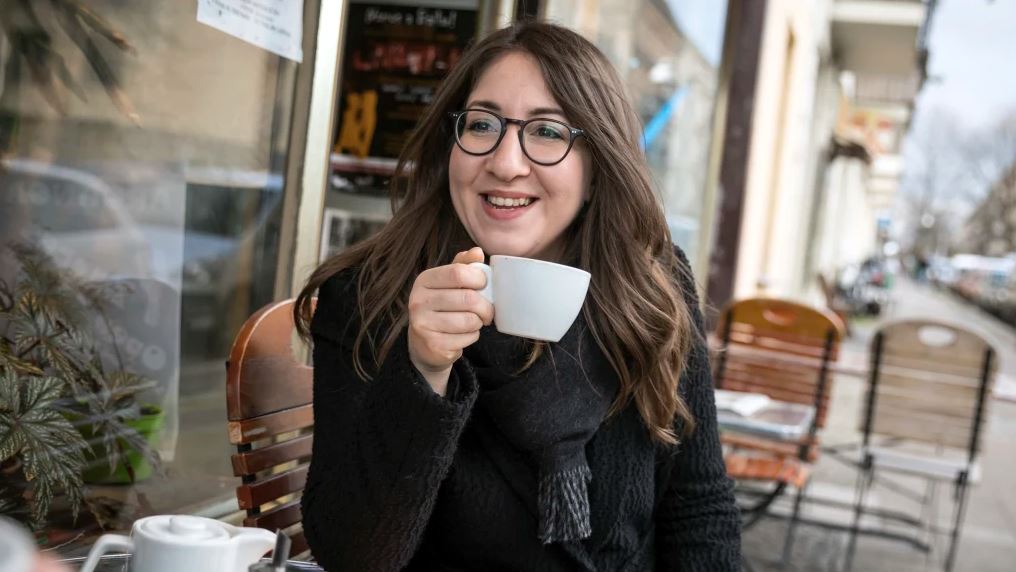Writer Deborah Feldman’s pantry was already stocked for the apocalypse. That’s how her Hasidic Holocaust survivor grandparents raised her.
They “believed in the end of the world, had seen the end of the world and always prepared me to live through the end of the world,” Feldman said by telephone from her Berlin apartment the day before Chancellor Angela Merkel told Germans to self-isolate in hopes of slowing the spread of coronavirus. And while many were out panic shopping, she hadn’t been to the market once.
“I feel like I’ve been waiting my whole life for corona,” she said.
Anyone who’s read Feldman’s best-selling 2012 memoir, Unorthodox – now the basis of a four-part Netflix series – is likely to understand. The book is a stirring account of her struggles with and ultimate rejection of her Satmar community in Williamsburg, Brooklyn – an insular society of ultra-Orthodox Jews that rose in New York from the ashes of World War II. Culturally conservative and religiously strict, its members believe that their piety and refusal to assimilate will shield them from a repeat cataclysm.

